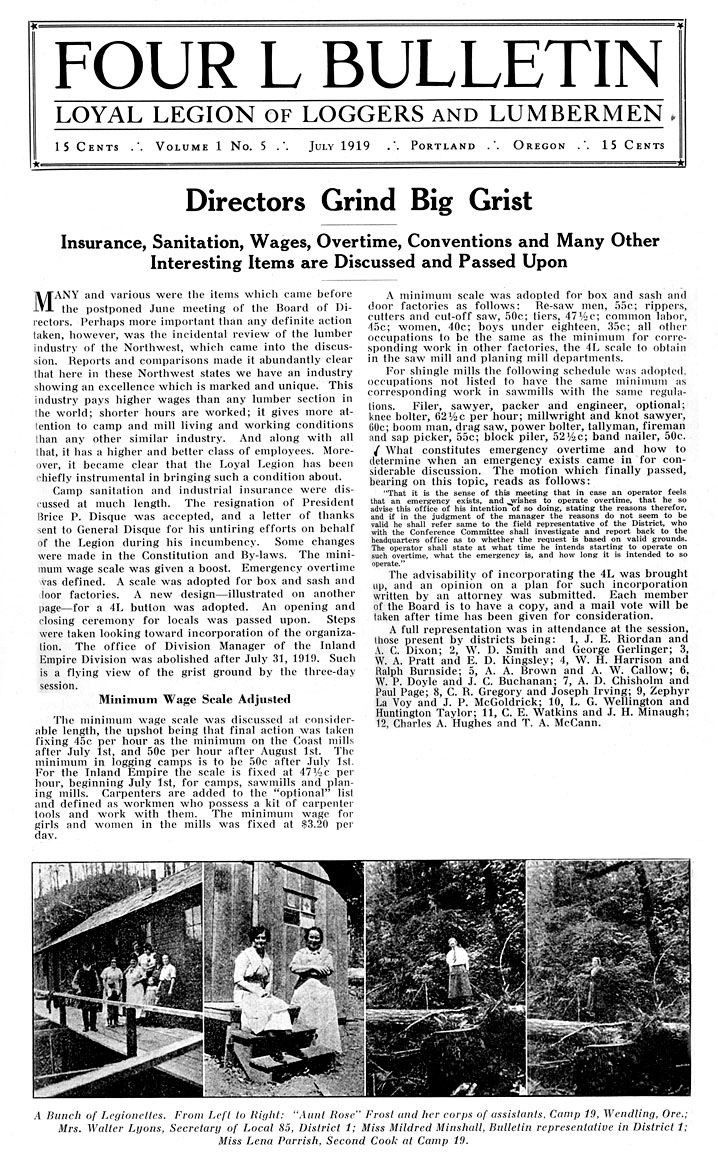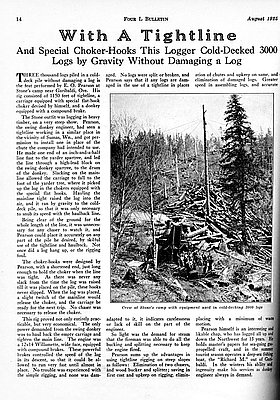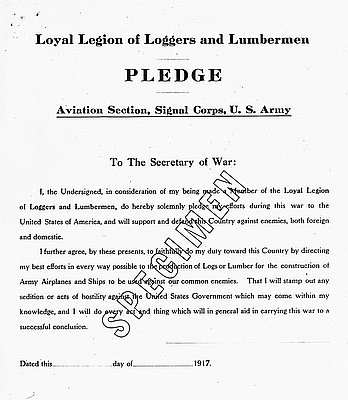These selected paragraphs from a 1919 article from the Loyal Legion of Loggers and Lumbermen’s (Four L) Four L Bulletin shows the difference between women and men’s mill wages in the Pacific Northwest. The photograph of “legionettes” is from the same article, which discussed the results of the June 1919 Four L board meeting. The Four L was a conservative labor union created by the government in 1917.
Women participated in the Four L union as members and employees. Women were employed as mill and office workers and in logging camps as cooks and waitresses. The waitresses—called “flunkies” in camp lingo—served meals to the men in the logging crews, balancing up to seven plates of food in their arms at a time.
Generally, women were not hired to work as loggers at the camps. However, beginning in the 1930s, wives of independent “gyppo” loggers labored alongside their husbands in Pacific Northwest forests.
Further Reading:
Lind, Anna M. “Women in Early Logging Camps, A Personal Reminiscense.” Journal of Forest History 19:3, 1975: 128-35.
Walls. Robert E. “Lady Loggers and Gyppo Wives.” Oregon Historical Quarterly 103, 2002: 362-82.
Felt, Margaret Elley. Gyppo Logger. 2nd Edition. Seattle, Wash., 2002.
Written by Kathy Tucker, © Oregon Historical Society, 2002.


